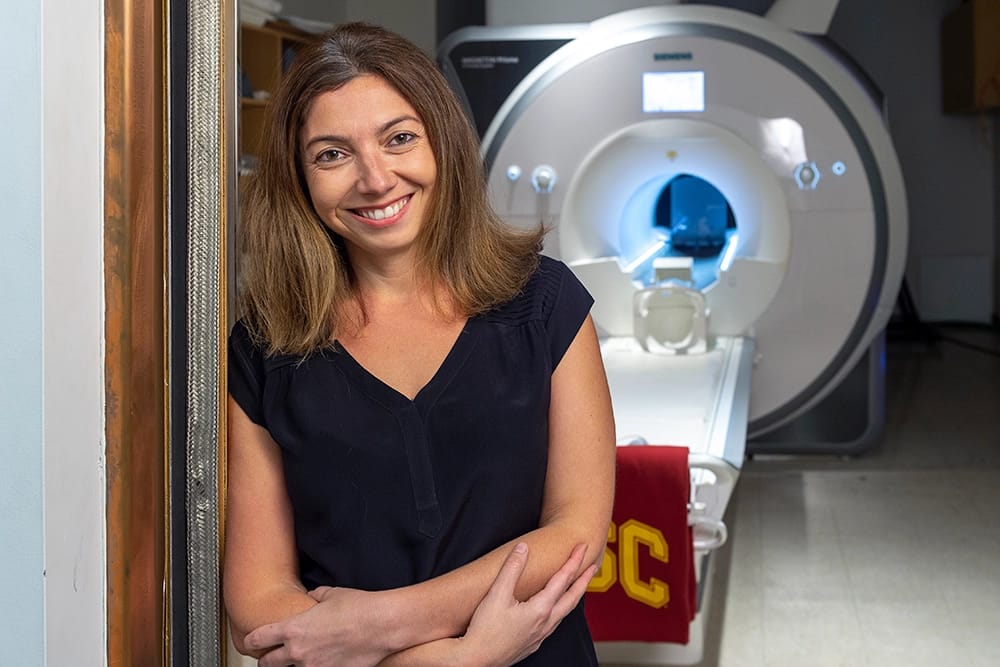
articles / Education
How Classical Music Powers a Child’s Brain

Musicians from the LA Phil’s Youth Orchestra of Los Angeles | Photo courtesy of the Los Angeles Philharmonic
The researchers have been working with the LA Phil’s Youth Orchestra of Los Angeles (YOLA) program to study how classical music training affects brain development in kids ages 6-14 who participate in the acclaimed after-school program.
“It’s the sensory-motor integration, learning to translate abstract symbols to meaningful sound,” says Dr. Assal Habibi, a BCI neuroscientist. “And you have to really be careful about adjusting your fine finger movements to create a sound,” she adds, noting that a performance involves all regions of the brain, from the auditory to the sensory, and beyond.

Assal Habibi | Photo by USC Photo/Gus Ruelas
By pulling in so many parts of your brain, playing can increase the efficiency of other skills, even those that don’t seem related. Habibi says there’s evidence music training even helps kids with empathy response and executive function skills like task-switching and delayed gratification.
“It affects their musical abilities, but it also affects their cognitive, social, and emotional development,” Habibi says. “We’ve seen children who have had music training show more robust connectivity (between different sides of the brain), specifically in the areas that connect the frontal lobes, the motor areas, and the sensory areas. That’s an indication of better ability to maybe hold information, integrate information, probably related to creativity later.”
You can read more about the Brain and Creativity Institute, as well as their latest research on this subject, at dornsife.usc.edu.






